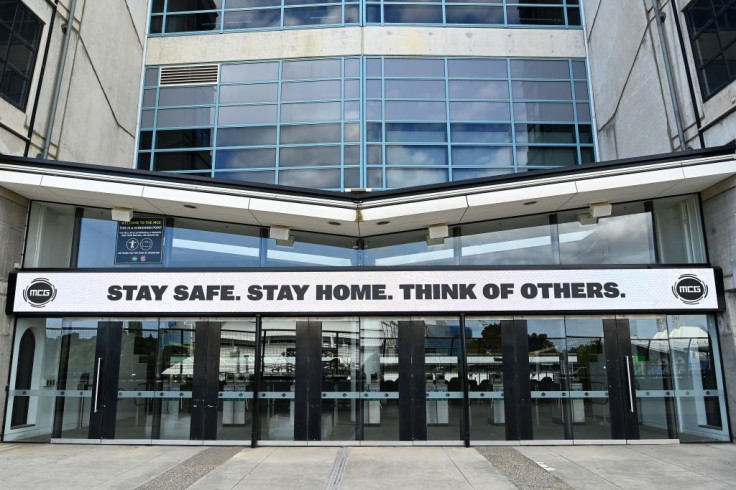China Threatens Australia Over Coronavirus Investigation, Minister Payne Calls It ‘Economic Coercion’

China is calling out Australia for its plans to conduct an investigation into the origins and spread of COVID-19, including the initial response of Beijing. Wuhan in China’s Hubei province was the epicenter of the virus and where the first ever case of COVID-19 emerged in November 2019.
Chinese Ambassador to Australia Cheng Jingye said Monday the Chinese public may start avoiding Australian products and universities should a probe push through. China opposes the in-depth investigation on the pandemic.
"Maybe the ordinary people will say, 'Why should we drink Australian wine? Eat Australian beef?’" Cheng told The Australian Financial Review.
"The parents of the students would also think … whether this is the best place to send their kids.”
Australia last week called for an independent review into the global response to the coronavirus pandemic. Foreign Minister Marise Payne said her concern over Beijing’s transparency is “at a very high point.” She also questioned whether the World Health Organization (WHO) can make an unbiased review of the situation.
"I'm not sure that you can have the health organization which has been responsible for disseminating much of the international communications material, and doing much of the early engagement and investigative work, also as the review mechanism,” Payne said.
"That strikes me as a bit poacher-and-gamekeeper.”
Responding to Cheng’s statement, Payne said Australia made a “principled call.” The minister also added that should China decide to avoid Australian products, education and tourism, this is tantamount to “economic coercion.”
"We reject any suggestion that economic coercion is an appropriate response to a call for such an assessment, when what we need is global cooperation," Payne said in a statement also on Monday.
Australia has so far been successful in preventing the spread of severe acute respiratory syndrome coronavirus 2 (SARS-CoV-2), the virus that causes COVID-19. As of April 27 9:16 p.m. Sydney time, Australia has 6,720 confirmed cases of the coronavirus and 83 deaths, according to Worldometer data. The government attributes its low numbers to immediate travel restrictions to China and following Australian medical experts’ suggestions, a seeming swipe at WHO who initially suggested against travel bans to China.
"We have done well because we made our own decisions as a country," said Health Minister Greg Hunt.
The global count of confirmed COVID-19 cases now stands at 3,017,766. The global death toll is at 207,722.





















